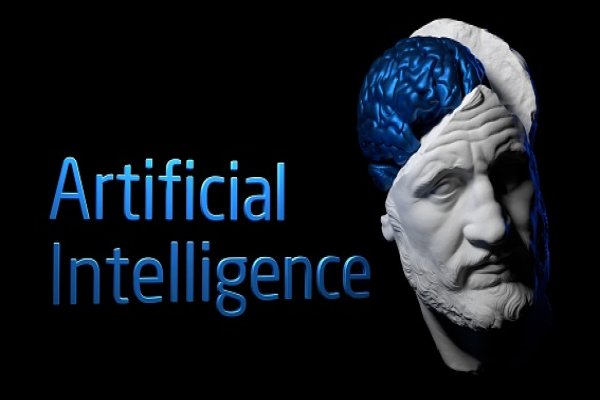Google has created a sophisticated AI music generator that can take a short piece of text and transform it into a song; however, due to legal issues, Google may not be able to make this technology available to everyone.
In 2022, advanced AIs such as ChatGPT and DALL-E 2 received much attention for their ability to generate text or images in response to user prompts. However, these are not the first generative AIs nor represent the full range of what neural networks can accomplish.
Multiple businesses, such as OpenAI, have created AI music generators. Their research lab is the source of ChatGPT and DALL-E 2, plus they unveiled “Jukebox” in 2020. This AI system can make music when presented with text, audio, or image prompts.
Despite not having the same level of recognition as text and image generators, audio-generating systems have yet to be met with much enthusiasm due to the low quality of their outputs. Many are basic, unsophisticated, and don’t include elements typically seen in songs like choruses or refrains.
Jukebox is a deep learning model that produces music, including rudimentary vocalizations, in various genres and artistic styles as raw audio is unveiled. An accompanying tool is being released to let everyone explore the generated samples, along with the model and code.
An AI music generator called MusicLM, which Google unveiled in January 2023, is evidence that this technology is progressing. It’s one of the most remarkable examples of artificial intelligence in music creation.
The clips produced by the system, which can be up to 5 minutes long, are created using text descriptions. The audio may not win any awards, but it resembles something a human would make more than other AI-generated clips.
Google MusicLM was trained with data obtained from MuLan, a model that connects music to descriptions written in everyday language. To do this, it used over 280,000 hours of music.
Music experts composed captions for over 5500 audio clips and lists of characteristics like genre and mood. This enabled the formation of MusicCaps, an accessible database that can be used to assess AI-generated music.
At the evaluation stage, Google compared MusicLM with two other text-to-music AIs — Mubert and Diffusion — utilizing multiple quantitative metrics to measure a clip’s audio quality and correspondence to a text description.
Evaluators were shown the MusicCaps descriptions and presented with two audio clips; an AI might have generated one, while the other was the original musical piece that inspired the description. After this, they had to select which clip best fit the description.
Google’s paper, submitted to the preprint server arXiv, revealed that MusicLM outperformed all other artificial intelligence in every respect.
Agostinelli et al says:
“We strongly emphasize the need for more future work in tackling these risks associated to music generation.”
Anticipating the future: Google’s AI music generator may make audio that has a more human-like sound. Still, it is not yet capable of replicating classic song composition, and the vocals it produces are especially low quality with lyrics that cannot be understood.
Google has suggested that further development of the system should be done, aiming to enhance the quality of audio and tackle the issue preventing them from launching MusicLM publicly, which is that around 1% of its production can be correlated to sound in its training materials.
The researchers stressed the importance of further research to address the risks of misusing the content generated through the use case. They highlighted the potential for misappropriation of creative content and underscored how essential it is to solve this problem in music generation.
We’d be delighted to hear from you if you have any feedback on this article or suggestions for a potential Freethink story! Please shoot us an email.
The development of AI music generators like Magenta is an exciting development that can potentially transform the music industry. As these systems evolve, we expect to see more original compositions created entirely by machines. While there may be some who question the role of AI in creative fields like music, there is no denying that these systems are capable of producing content that is both beautiful and inspiring.
Source: Freethink



